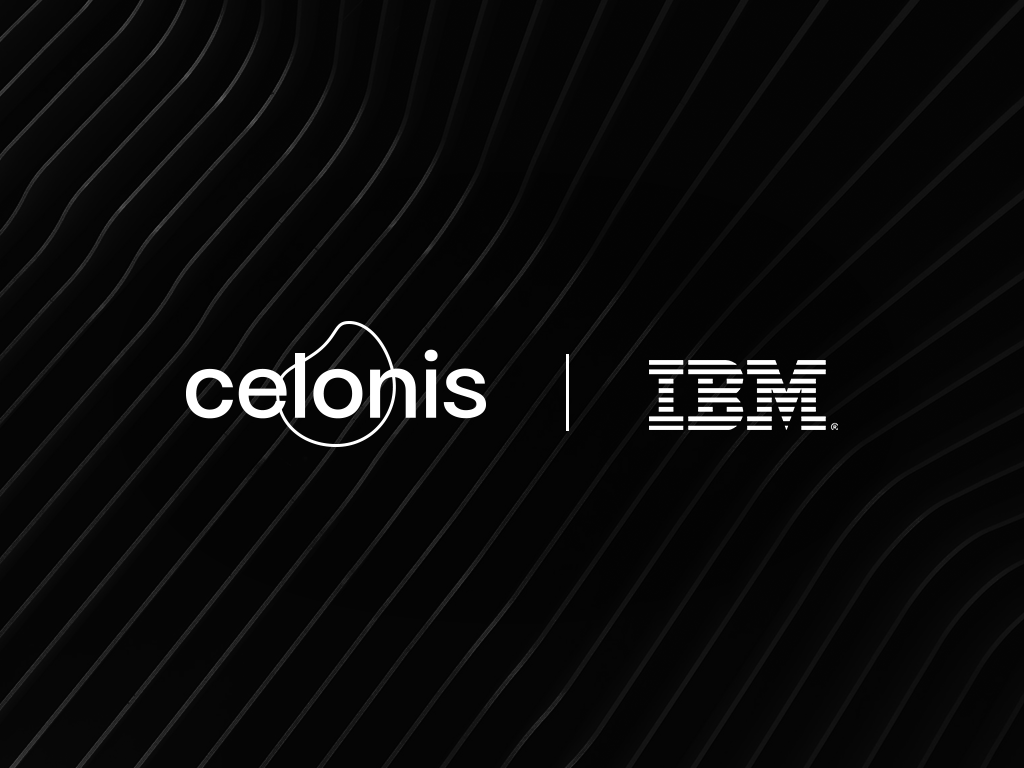
IBM-Celonis survey: Chief Supply Chain Officers to accelerate execution management, automation, simulation adoption
Chief Supply Chain Officers (CSCOs) increasingly plan to leverage emerging technologies such as execution management, process and task mining, digital twins and simulation to navigate disruptions, inflation and sustainability, according to an IBM-Celonis survey.
The survey, based on 500 CSCO respondents, was conducted by the IBM Institute for Business Value, in collaboration with Celonis and Oxford Economics. Supply chains have become a boardroom issue as macro-economic conditions (inflation), geopolitical uncertainty and Black Swan events such as the COVID-19 pandemic have converged to disrupt supply chain networks.
CSCOs are facing a bevy of challenges. For instance, 65% of CSCOs report greater volatility in order cycle times, 71% say lower inventory for raw materials and finished goods has created stock-outs and lost sales and 52% have sought alternate types of transportation and logistics capabilities, according to IBM-Celonis.
Also see: More than Half of Chief Supply Chain Officers Surveyed Would Sacrifice Profit for Sustainability | The people behind the IBM Consulting and Celonis partnership
In other words, supply chain leaders are rewiring networks, suppliers, logistics and services on the fly. While supply chains are clearly taxed, CSCOs also see opportunities in becoming data-first. IBM-Celonis found that 73% of CSCOs understand the strategic value of data and integrate it from multiple sources.
With real-time data access via the cloud, supply chain leaders are betting that they can simulate scenarios better with process digital twins, reinvent processes in Accounts Payable, Accounts Receivable, Inventory Management, Order Management and Procurement and automate workflows.
In addition, CSCOs are also planning to meld process excellence with sustainability initiatives with 71% reporting that their organizations plan to aggressively move to carbon neutral.
Bottom line: Emerging technologies are now becoming essential for supply chain leaders. Consider:
92% of CSCOs plan to leverage predictive analytics over the next three years.
89% plan to use machine learning.
87% plan to use execution management.
82% plan to run simulations and deep learning.
77% plan to implement process and task mining.
Over the next three to five years, 72% of supply chain leaders expect most of their processes and workflows to be automated.






